Today on Point of View, Kerby welcomes Samuel Gregg, DPhil. Dr. Gregg joins Kerby to talk about his new book, The Next American Economy. In the second hour, Kerby discusses the top stories of today. Kerby welcomes your point of view. Please call us with your opinion at 800-351-1212 or contact us on Facebook at facebook.com/pointofviewradio.
Don’t miss it, it’s going to be a great show.
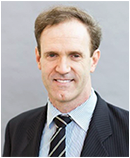
He has written and spoken extensively on questions of political economy, economic history, monetary theory and policy, and natural law theory. He is the author of sixteen books. Many of his books and over 400 articles and opinion pieces have been translated into a variety of languages. He is also a Contributor to Law and Liberty, a Fellow of the Royal Historical Society, an Affiliate Scholar at the Acton Institute, a Fellow of the Center for the Study of Law and Religion at Emory University. He also serves as a Visiting Scholar at the Heritage Foundation.
He has published in numerous journals. He is a regular writer of opinion-pieces which appear in major publications. He has served as an editorial consultant. He has also been cited in the many conservative newspapers.
In 2001, he was elected a Fellow of the Royal Historical Society, and a Member of the Mont Pèlerin Society in 2004. In 2008, he was elected a member of the Philadelphia Society, and a member of the Royal Economic Society. In 2017, he was made a Fellow of the Center for the Study of Law and Religion at Emory University. He served as President of the Philadelphia Society from 2019-2021.
He is the General Editor of Lexington Books’ Studies in Ethics and Economics Series. He also sits on several Academic Advisory andl editorial boards.
Today, however, America’s economy is at a crossroads. Many have lost confidence in the country’s commitment to economic liberty. Across the political spectrum, many want the government to play an even greater role in the economy via protectionism, industrial policy, stakeholder capitalism, or even quasi-socialist policies. Numerous American political and business leaders are embracing these ideas, and traditional defenders of markets have struggled to respond to these challenges in fresh ways. Then there is a resurgent China bent on eclipsing the United States’s place in the world. At stake is not only the future of the world’s biggest economy but the economic liberty that remains central to America’s identity as a nation.
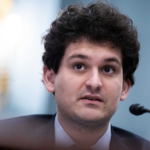
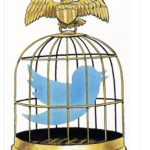

 Listen Online
Listen Online Watch Online
Watch Online Find a Station in Your Area
Find a Station in Your Area


 Watch Now
Watch Now Listen Now
Listen Now 
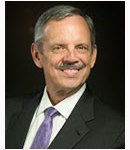

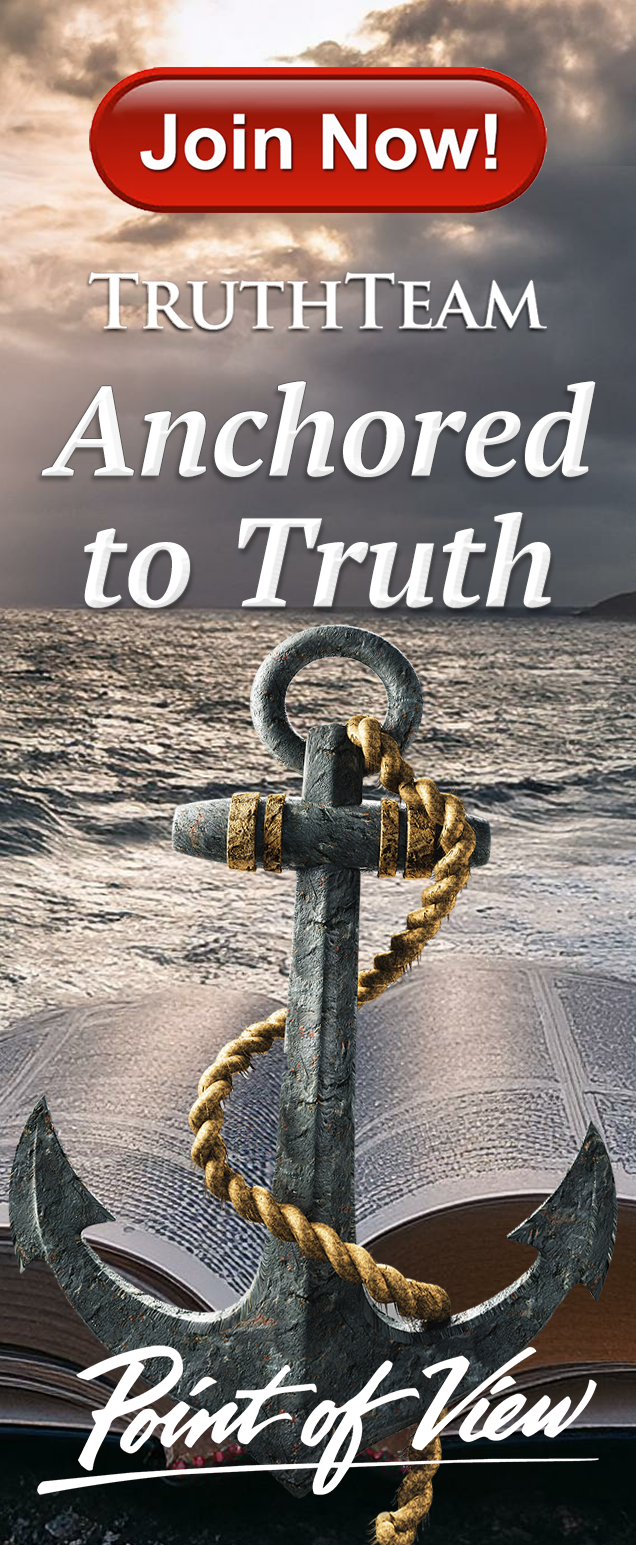





 Listen Now
Listen Now Watch Online
Watch Online
